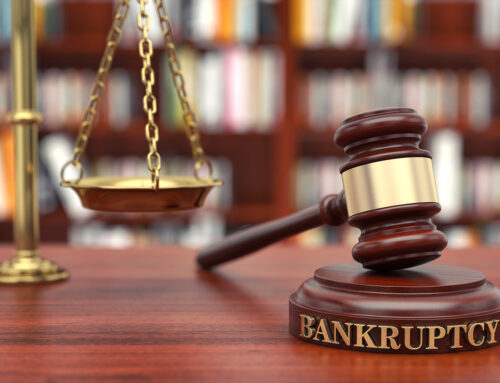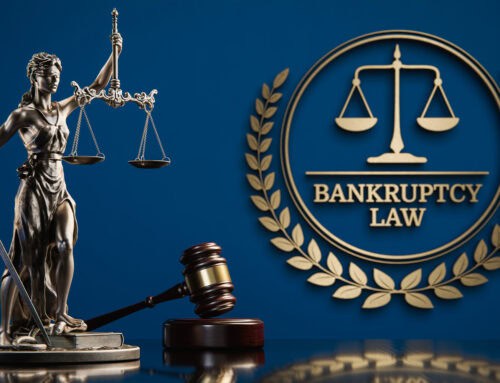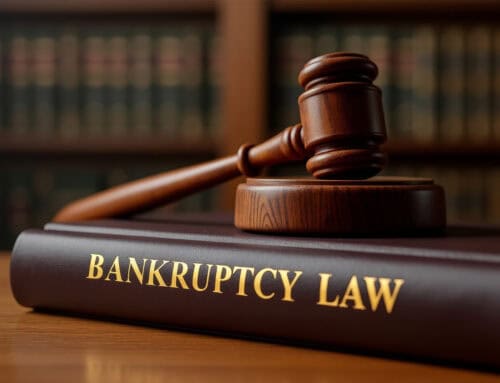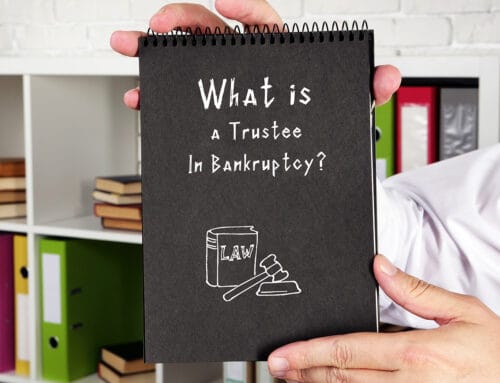Will I Lose My Property if I File Bankruptcy in California?
Filing for bankruptcy can be a daunting prospect, filled with uncertainty and fear about what it might mean for your financial future. One of the most pressing concerns for many individuals considering this step is whether they will lose their property. Understanding the nuances of California bankruptcy law and how it applies to personal assets can alleviate some of these fears and help you make an informed decision.
Understanding Bankruptcy Types: Chapter 7 vs. Chapter 13
The impact of bankruptcy on your property largely depends on the type of bankruptcy you file. The two most common forms are Chapter 7 and Chapter 13 bankruptcy.
Chapter 7 Bankruptcy, often referred to as “liquidation bankruptcy,” involves the sale of non-exempt assets by a trustee to pay off creditors. This process can be intimidating because it seems to imply that you might lose everything. However, there are many exemptions that protect certain types of property, allowing you to retain a significant portion of your assets.
Chapter 13 Bankruptcy, known as “reorganization bankruptcy,” allows you to keep your property while you pay off your debts over a three- to five-year period according to a court-approved repayment plan. This type of bankruptcy is typically chosen by individuals with a regular income who can manage a repayment schedule.
What Property Can You Keep?
In both Chapter 7 and Chapter 13 bankruptcy, the concept of exemptions plays a crucial role in determining what property you can keep. Exemptions are specific laws that protect certain types of property from being used to pay creditors.
Common Exemptions in California Include:
- Homestead Exemption: California offers two homestead exemption options:
- System 1 (703 exemptions): Protects up to $600,000 of equity in your primary residence, depending on the county and your specific circumstances.
- System 2 (704 exemptions): Protects up to $31,950 of equity in your primary residence.
- Vehicle Exemption: In California, you can exempt up to $6,375 in equity for one vehicle under System 1, and under System 2, up to $3,325.
- Personal Property Exemptions:
- Household goods and furnishings, clothing, and personal effects are protected up to $725 per item.
- Jewelry is exempt up to $1,750.
- Tools of the trade are exempt up to $8,725 under System 1, and up to $7,175 under System 2.
- Wildcard Exemption: System 1 includes a wildcard exemption allowing up to $1,550 plus any unused portion of the homestead exemption (up to $29,275) to be applied to any property.
- Retirement Accounts: Most retirement accounts, including 401(k)s and IRAs, are protected in bankruptcy. This means your long-term savings for retirement are generally safe from creditors.
The Process of Claiming Exemptions
When you file for bankruptcy, you will first need to understand which system you should be using. You will then need to list all your assets in order to claim any applicable exemptions. This process requires careful documentation and understanding of California’s specific laws. It is advisable to work with a bankruptcy attorney who can help you navigate these rules and maximize your exemptions.
Non-Exempt Property in Chapter 7
If you file for Chapter 7 bankruptcy and have non-exempt property, the trustee assigned to your case may sell these assets to pay off your creditors. Non-exempt property can include:
- Additional vehicles or high-value vehicles that exceed the exemption limits.
- Luxury items or valuable collections (e.g., art, jewelry).
- Expensive electronics or entertainment equipment.
However, it’s important to note that many people who file for Chapter 7 bankruptcy have few or no non-exempt assets. This situation is often referred to as a “no-asset case,” where there are no assets for the trustee to sell, and your property remains largely unaffected.
Repayment Plan in Chapter 13
In Chapter 13 bankruptcy, you can keep all your property, but you must adhere to a repayment plan. The value of your non-exempt assets can influence the terms of your repayment plan. Essentially, you must pay your creditors at least as much as they would have received if your non-exempt assets were liquidated under Chapter 7. This requirement ensures that creditors are treated fairly while allowing you to retain your property.
Other Considerations
While bankruptcy can definitely offer many people a fresh financial start, it’s important to understand and consider all aspects of filing for bankruptcy including:
- Impact on Credit Score: Bankruptcy will significantly impact your credit score, making it difficult to obtain new credit or loans for several years.
- Public Record: Bankruptcy filings are public records, which may affect your personal and professional life.
- Emotional Stress: The process can be emotionally taxing, as it involves detailed scrutiny of your financial situation and the potential loss of assets.
Conclusion
Filing for bankruptcy in California does not automatically mean losing all your property. The outcome depends on the type of bankruptcy you file, the exemptions available to you as a Californian, and your specific financial situation. By understanding the laws and working with a knowledgeable attorney, you can protect your assets and navigate the bankruptcy process more confidently.
At the Law Offices of Brent D. George, we specialize in guiding our clients through the complexities of bankruptcy with compassion and expertise. Our goal is to help you manage overwhelming debt while retaining as much of your property as possible.
If you’re considering bankruptcy and have concerns about your property, don’t navigate this challenging time alone. Contact the Law Offices of Brent D. George today for a free consultation. Let us help you take the first step towards financial freedom and a brighter future.
Disclaimer: This article is intended for informational purposes only and does not constitute legal advice. For personalized assistance, please contact our office at (805)494-8400.






